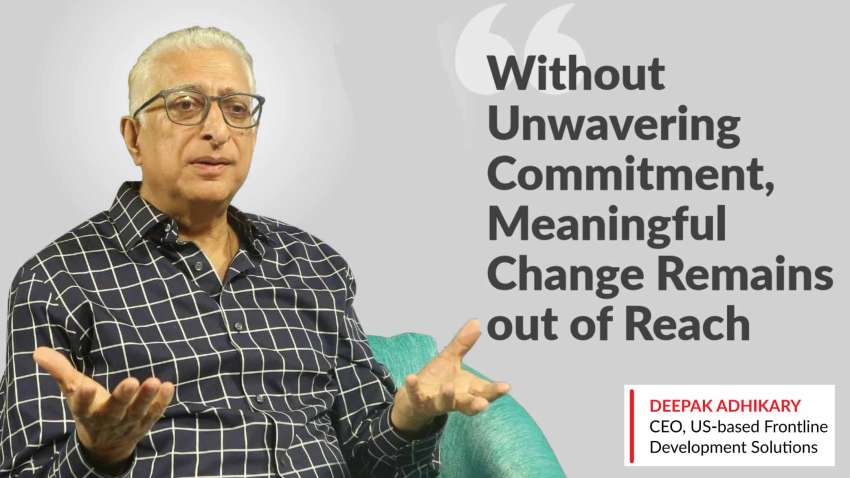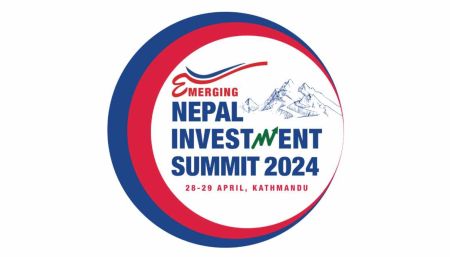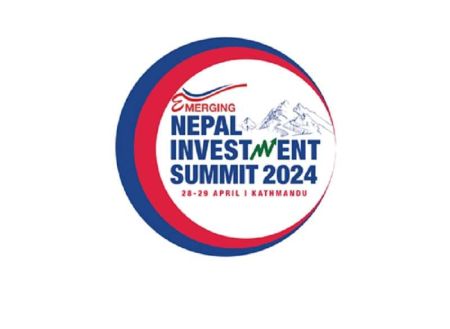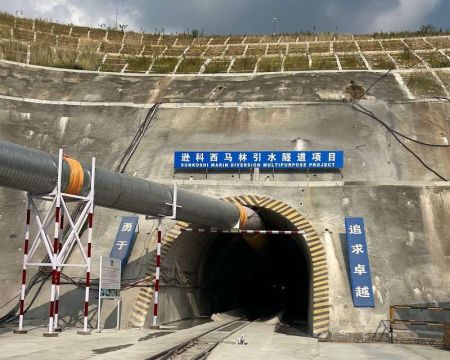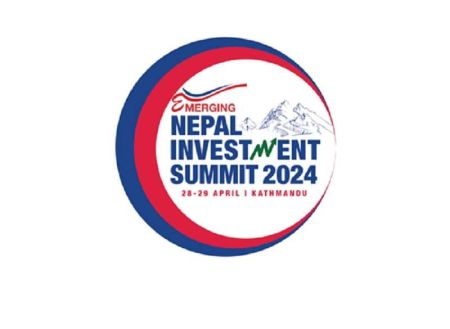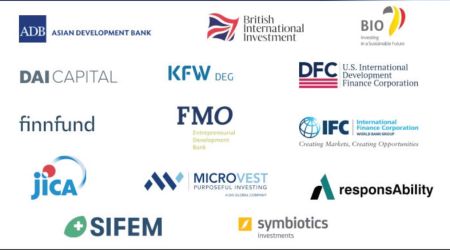Deepak Adhikary, CEO of US-based Frontline Development Solutions, has over three decades of operational and management experience working with international development agencies, governments, the private sector, and grassroots organisations. His expertise is in leveraging private sector participation to design and execute financially sustainable and outcome-driven programmes. During his professional career, Adhikary has collaborated with esteemed entities such as the World Bank Group, GIZ, ILO, UNIDO, ADB, IFRC and Swisscontact. Adhikari talked to the New Business Age during his recent visit to Nepal. Excerpts:
How do you perceive the similarities between the current situation in Nepal and the challenges faced by the countries you have previously worked in?
Throughout my career, I have primarily focused on development work in various developing countries. One common challenge I have consistently observed is the struggle for job creation and investment attraction. While some nations have made significant strides, others continue to lag. Take Bangladesh, for example. When I first began working there, the country was far from its current position poised to get a middle-income status. Regardless of political differences, the key to success lies in a government's commitment to economic progress. Consider the case of Singapore under the leadership of Lee Kuan Yew - a nation characterised by a single-party system yet boasting a flourishing economy. Whether a nation is democratic or not, what truly matters is its dedication to economic advancement. Nepal, on the other hand, grapples with challenges stemming from political instability, fluctuating policies and shifting priorities. Despite making strides forward, the country is still seeing different challenges. This is evident in sectors like tourism where Nepal continues to face dilemmas that have plagued it for decades. For instance, take the example of two new international airports. This extends beyond Nepal and resonates with my experiences in other nations like Liberia—where without unwavering commitment, meaningful change remains out of reach.
Having observed Nepal's initiatives with industrial districts and special economic zones, along with your experience in developing similar areas in other countries, what insights can Nepal get from the experiences of these other nations?
Drawing from my experiences working in various countries, including Nepal, I have come to recognise the potential of special economic zones (SEZs) as a promising concept, albeit one that faces significant challenges. In Nepal, for example, labour union issues have emerged as a formidable barrier to the success of these infrastructure. Moreover, bureaucratic inefficiencies, such as poor inter-departmental coordination, often prevent industrialists from accessing the incentives they are entitled to which discourages investment. The effective collaboration between central and local governments is a must for the realisation of successful economic initiatives.
Despite making strides forward, the country is still seeing different challenges. This is evident in sectors like tourism where Nepal continues to face dilemmas that have plagued it for decades.
Despite Nepal's considerable potential and the presence of skilled economists, progress is hindered by unrealistic objectives and a lack of pragmatic vision. While corruption is a pervasive issue globally, its impact varies across different regions. In countries like Bangladesh and certain parts of Africa, corruption may be managed differently and may not necessarily hinder economic growth. However, regardless of the context, the key factors for success remain consistent: commitment, practical foresight, and the ability to transcend short-term political considerations.
The failure of airport projects in Nepal serves as a stark reminder of the consequences when political pressures take precedence over practical considerations. Addressing these challenges is paramount for fostering sustainable economic development and realising the full potential of initiatives like SEZs.
You have also collaborated with GIZ in Nepal on small enterprises promotion. Could you share insights into the success of the programme?
With my extensive experience, including active involvement in projects during the 80s, I have gained insights into the challenges confronting sustainable development efforts, particularly in Nepal. While initiatives such as the Small Business Promotion Project have demonstrated resilience, many projects funded by donors falter once the funding stream ends. Nepal's small market size, coupled with competition from neighbouring countries, poses significant obstacles, particularly for industries like manufacturing. To overcome these challenges, Nepal must pivot towards high-value, low-weight products and make substantial investments in logistics and infrastructure, including digitisation and power supply enhancements. A comprehensive multi-disciplinary approach is needed, necessitating a close coordination between the government and private sector, and a transition from pursuing short-term gains to prioritising long-term sustainability.
The failure of airport projects in Nepal serves as a stark reminder of the consequences when political pressures take precedence over practical considerations.
Despite these obstacles, there is a reason for optimism particularly with the emergence of innovative initiatives at the municipal level and the untapped potential of Nepal's skilled workforce. However, transcending self-interest and embracing practical, realistic strategies for economic development is crucial for achieving success.
You were also involved in the tourism sector of Nepal with the World Bank. Could you please share the results achieved through this endeavour?
The tourism sector in Nepal grapples with fragmentation as multiple agencies operate independently. Despite the presence of various initiatives such as homestays and trail development, there is a notable absence of a cohesive ecosystem-building approach. For instance, Tiger Tops, a pioneering tourism venture in Nepal, thrived due to skilled leadership and effective coordination. Although valuable reports from organisations like the World Bank, GIZ, and USAID offer recommendations, they often remain unimplemented due to insufficient local stakeholder involvement. The Nepal Tourism Board (NTB) lacks a clear strategy beyond mere photo opportunities.
To do away with this, Nepal should adopt a proactive approach similar to countries like the Philippines and Indonesia which advocate for donor investments rather than passive donations for tourism development. Prioritising initiatives based on local needs and capacities can enable Nepal to build internal capabilities and foster sustainable growth in its tourism sector.
What challenges and opportunities do you see in attractive investment in Nepal, particularly from the diaspora community?
The lack of coordination among ministries in Nepal presents a formidable obstacle to investment promotion. There is uncertainty due to the absence of a unified voice and clear assurances for investors which is impeding the inflow of investments. This challenge is being addressed in Liberia where the government has instituted a system holding ministries accountable for attracting investments. Each ministry is part of a committee charged with securing a specified number of investments. The failure results in budget reductions. This approach underscores the significance of collaboration and transcending political affiliations for fostering economic development.
Although Nepal continues to face challenges, notable successes in areas such as food safety underscore the country's immense potential. Streamlined coordination and decisive action are needed to leverage this opportunity effectively. Nepal, in my view, presents a significant opportunity. But it needs strategic and concerted efforts to realise the potential.


